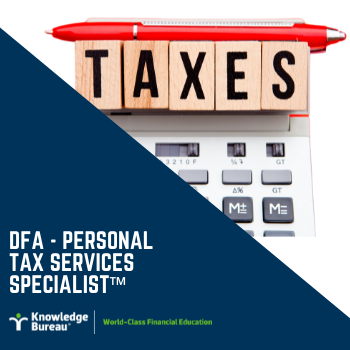Last updated: February 02 2022
Transacting in Cryptocurrency? Beware the Taxman

Evelyn Jacks
Transacting with cryptocurrency can have tax implications. Did you keep track of those transactions and the fair market value of the money when you did? It’s an issue that will become important, and potentially messy, as you get ready to file your return this year. You may also have to correct prior year’s returns.
Cryptocurrency can be used to buy a variety of goods and services on the internet. However, if you did any of the following activities, there may be a tax consequence, according to CRA:
- Convert cryptocurrency to a government-issued currency (i.e. Canadian dollars)
- Sell or trade cryptocurrency
- Gift cryptocurrency to someone
- Use it to buy taxable goods and services
- Hold cryptocurrency at death, when there is a deemed disposition at fair market value

Your tax consequences will depend on the nature of the activity. For example, if you are in the business of trading cryptocurrency, the profits made on disposition or sale will be fully taxable business income. However, business losses are deductible against all other income of the year. There are some carry back and carry-forward options as well if losses exceed income.
If you are holding cryptocurrency as an investment, a subsequent sale or disposition can result in a capital gain, if you receive more than the adjusted cost base (ACB). Losses are possible as well, if you dispose of the currency for less than ACB.
If you give the money to someone as a gift, you’ll have a disposition that is valued at fair market value (FMV) at the time of the gift. This could generate a gain or a loss. It’s particularly important for executors to know about this, as there is a deemed disposition of taxable assets in the case of death, again at FMV.
But here is the lesser-known consequence: when you exchange a taxable property or service for cryptocurrency, you will have to pay GST/HST based on the fair market value of the cryptocurrency at the time of the exchange. Most people are unaware of this.
Recordkeeping is required to keep it all straight when there is a tax audit. You’ll need to verify purchases and sales and valuation of the currency at fair market value.
For assistance with this, be sure to work with a DFA- Personal Tax Services Specialist. For information on how to become one, check out the program details on our website.
Evelyn Jacks is President of Knowledge Bureau and author of 55 books on personal tax and wealth management. Join her on twitter @evelynjacks.

